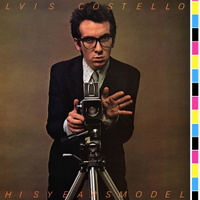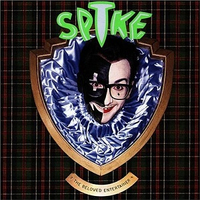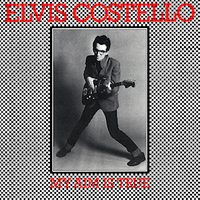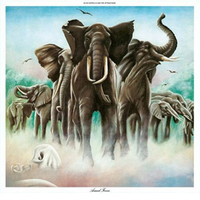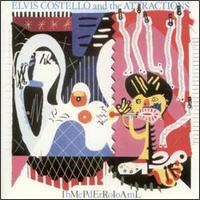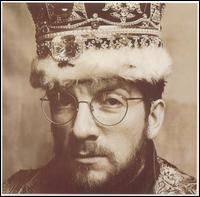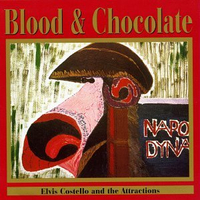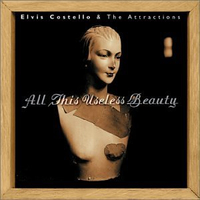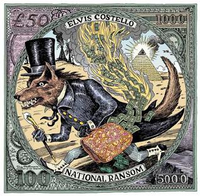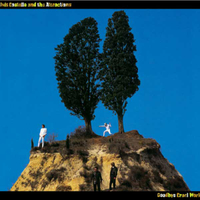It’s difficult to overestimate quite how startling Elvis Costello was when he arrived at the height of punk in the late 70s. His first appearance in the music press found him drunk on Pernod and speaking of a “little black book” in which he had written the names of every person he believed had done him wrong. “Oh, I’m thoroughly despicable,” said the man born Declan Patrick Aloysius Macmanus.
The subsequent transformation of this Prince Charmless has been matched by few other artists. In the 48 years that have passed since the release of debut album My Aim Is True, his has been a presence of perpetual motion. Over the course of 32 studio albums, the one-time computer programmer from the suburbs of South London has journeyed from the most unsettling of angry young men through terrains that include country music, jazz, soundtrack work and even opera.
Alongside albums recorded with The Attractions – records that no so much defied genre as denied such distinctions even existed – and The Imposters, the now 70-year-old Costello has collaborated with acclaimed chamber orchestra the Brodsky Quartet, New Orleans jazz pianist Alain Toussant, Burt Bacharach, and New York hip-hop group The Roots.
Costello has also served as producer for The Specials, Madness, Squeeze and The Pogues. In 1993 he received a letter from ex-Transmission Vamp singer Wendy James requesting that he write a song for her debut solo album. He considered the question, before strolling to the park and writing her an entire album’s worth of songs – in one afternoon.
Described by Steve Earle as “one of the best singers in the world,” Costello is also renowned for what he sings. As early as 1978 he was baiting the National Front in the song Night Rally (‘You think they’re so dumb, you think they’re so funny, wait until they’ve got you running to the night rally’).
Eleven years later he directed his venom at Margaret Thatcher on Tramp The Dirt Down, declaring that when the time came to lower the then-Prime Minister into the ground he would ‘stand on your grave and tramp the dirt down’.
Over the course of a career that's now in its seventh decade, Elvis Costello has gambled with commercial success at almost every turn. As it was in 1977, today his aim remains true.

...and one to avoid
You can trust Louder Our experienced team has worked for some of the biggest brands in music. From testing headphones to reviewing albums, our experts aim to create reviews you can trust. Find out more about how we review.

